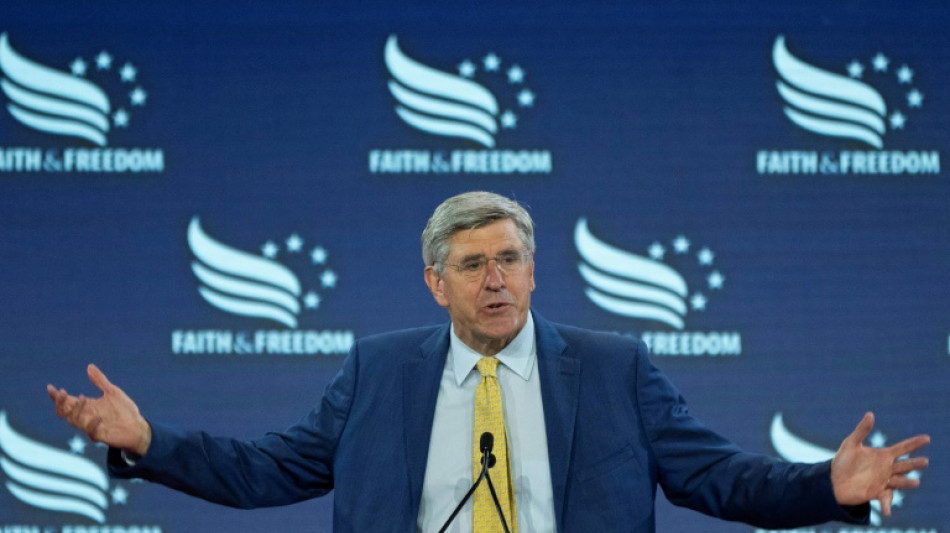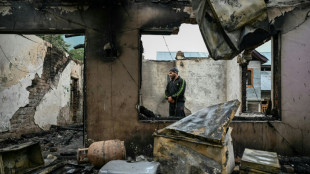

Trump's policies won't push up inflation, economic advisor says
Donald Trump's policies are not likely to cause inflation to reignite as many analysts fear, one of the president-elect's longtime economic advisors told AFP Tuesday, less than a week before Trump returns to the White House.
Many economists have warned that Trump's campaign proposals, which included imposing sweeping import tariffs and overseeing the largest deportation in US history, could cause a spike in inflation, forcing the Federal Reserve to keep interest rates higher for longer.
In an interview, Stephen Moore, a longtime economic advisor to Trump, said that the full suite of policies the president-elect wants to push through, including deregulation and the extension of expiring tax cuts, should help keep price increases in check.
"You could point to some specific policies like tariffs that could be inflationary," said Moore, who is a senior visiting fellow at the conservative Heritage Foundation. "But you have to remember that we're also going to be reducing other taxes."
"Things that are made in the United States will have a lower tax, and things that are made in China will have a higher tax," he added. "So when you balance those out, you have, you may have relative price shifts, but not overall price increases."
- Across-the-board tariffs -
Economists at some of the top US banks have noted that Trump's tariff and immigration policies are likely to put upward pressure on inflation and downward pressure on growth, although many expect the impact to be relatively muted as long as Trump does not follow through on his more aggressive policy proposals.
But if Trump goes ahead with across-the-board tariffs of as much as 20 percent -- as he pledged to do on the campaign trail -- that could complicate the Federal Reserve's job as it looks to return inflation to its long-term target of two percent.
The US central bank has cut interest rates by a full percentage point since September in a bid to bolster the labor market. But a recent uptick in inflation has raised concerns that its inflation fight has stalled, putting pressure on Fed chair Jerome Powell to convince his colleagues to keep interest rates on hold.
"I think that Trump does understand that inflation is the enemy of the people, and inflation is also the enemy of a presidential term," Moore said, alluding to the impact that inflation and the cost of living played in the most recent presidential race.
"I do expect when Trump gets in and starts putting these policies in place, that you'll start to see a stabilization of prices," he added. "And if that doesn't happen then he may fire Mr. Powell."
In November, Powell told reporters he would not resign as Fed boss if asked to by Trump, adding that firing any of the central bank's seven governors -- including himself -- was "not permitted under the law."
- Early executive actions -
Moore told AFP that Trump was preparing to sign multiple executive orders during his first days in office aimed at undoing many of the Biden administration's policies.
The executive orders will most likely target "green energy mandates," diversity, equity and inclusion initiatives, return-to-office policies for federal workers, and the withdrawal of the United States from the "counterproductive" Paris climate accords, he said.
Another early priority for the next Trump administration will be immigration, he added, with the incoming president's team likely to follow a "worst first" policy focused on closing the southern border and then deporting undocumented workers who have broken the law.
"Get the worst people out of the country first, and then see where we go from there," he said.
H.Davenport--NG



